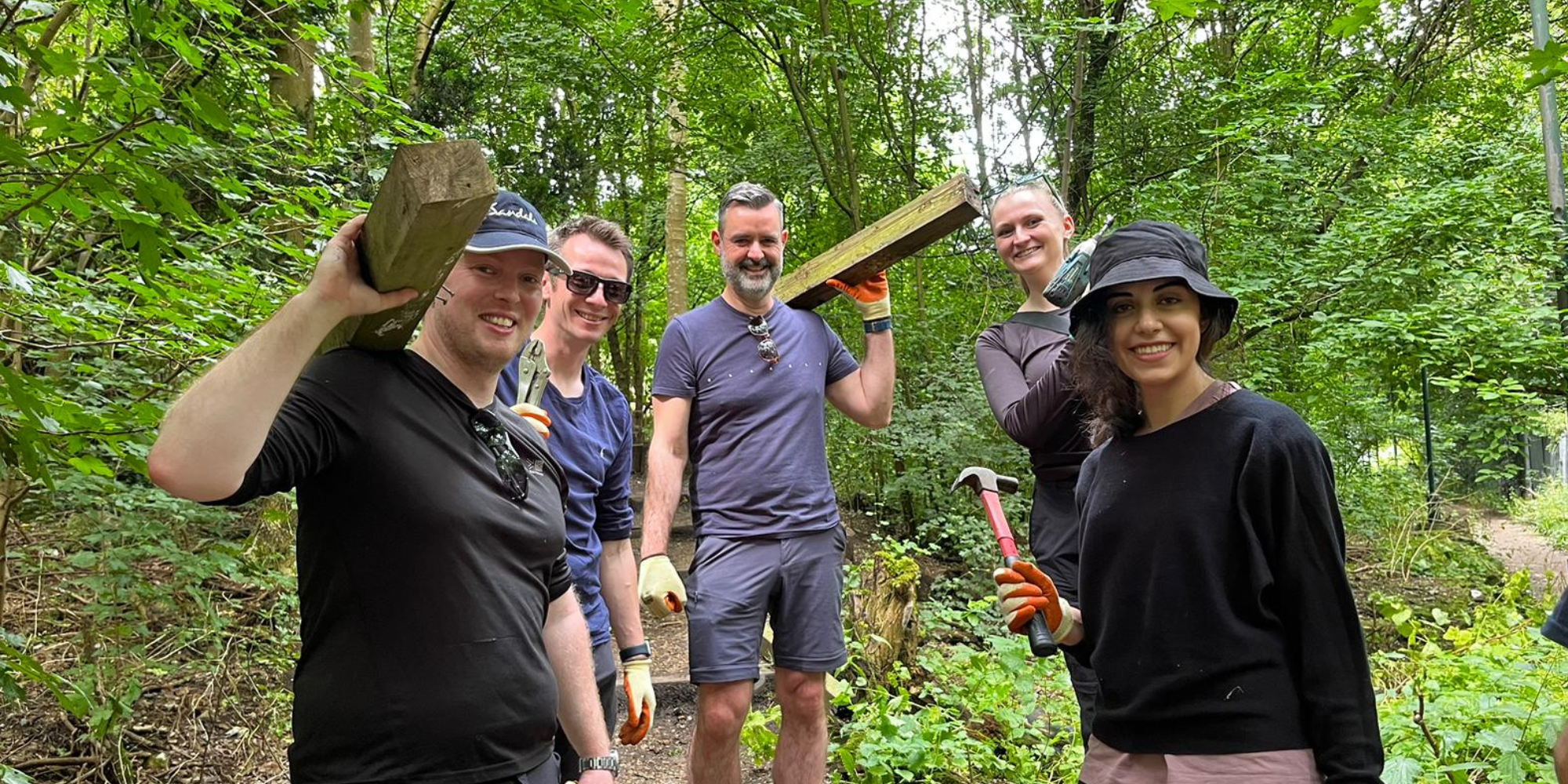Raising a Series A round is a pivotal milestone in the life of a start-up. It’s the moment a founder’s vision begins to scale into a sustainable, high-growth business. But securing a successful Series A raise is not just about a compelling pitch or a sleek product demo. It’s about proving to the investor that your business has the fundamental SaaS metrics upon which to accelerate growth, and the management team are ready to embrace this next stage of the journey.
At YFM, we’ve invested in over 300 early-stage businesses and management teams on the cusp of this next chapter. Here’s our deep dive into how entrepreneurs can best prepare for Series A operationally, strategically, and mentally.
Understand What Series A Really Means
Series A is no longer “seed, but bigger.” With emerging funds, it’s now an established investment stage with its own rules and expectations. While seed rounds allows you to validate the concept and MVP, Series A is about accelerating sales and marketing with an established product-market fit. Investors want proof that your company can acquire customers efficiently (pipeline analysis), scale operations, strong management team), and generate repeatable revenue (churn and NRR metrics).
Key questions Series A investors ask:
Is there momentum beyond the early adopters?
- Can the unit economics support profitable growth at scale?
- Has the team demonstrated strong execution capability?
- What will this capital really unlock?
Series A is typically the point where you go from “building the product or service” to “building the business.” The metrics, processes, and leadership structures required reflect that shift.
Nail Your Growth Story
By Series A, you need more than a product, you need momentum. Investors want to see a clear growth trajectory and understand how that growth has been achieved.
What to focus on:
- Traction: Monthly revenue growth, user engagement, customer retention, whatever KPI fits your model.
- Multiple routes to market: growth driven by more than one channel and lots of trial and error still taking place but not just founder hustle.
- Scalability: A business model that doesn’t break when you double or triple inputs.
Think of your growth story as a movie trailer, it should give a clear sense of the plot, the protagonist (you), and the path to success, with enough intrigue to bring investors on the journey.
Know Your Numbers—Deeply
By the time you reach Series A, your financial hygiene and insight must be far more robust than during seed. Investors expect to see not just topline metrics, but unit economics and forward-looking projections that show both ambition and realism.
What you should have:
- Clean, GAAP-compliant financials (ideally with third-party review or part-time CFO oversight)
- Cohort analysis to demonstrate customer retention and lifetime value
- CAC vs LTV (Customer Acquisition Cost vs. Lifetime Value) dynamics
- 3-to-5-year forecasts, with assumptions clearly outlined and pressure-tested
Investors know projections rarely come true, but they reveal how you think and how deeply you understand your business.
Build the Right Team (and Recognise the Gaps)
Series A investors need conviction over the people. A credible leadership team is critical, even if it’s not yet fully built out. What matters most is your awareness of what’s missing and your plan to fill the gaps.
Watch our video on what private equity investors look for in a management team here (link)
Investors will look for:
- A CEO who is a product visionary, with resilience, and the ability to attract talent
- A leadership structure that balances technical, commercial, and operational expertise
- Clear hiring plans for key functions (sales, marketing, finance, product)
- Cultural clarity: what kind of company are you building?
At YFM, we support entrepreneurs in developing their team’s post-investment from hiring commercial directors to building advisory boards, advising on revenue optimisation and ESG strategies. Demonstrating openness and a shared vision to this kind of strategic collaboration goes a long way.
Watch The Video: What Do Private Equity Investors Look For In A Management Team?
Read The Article: Unlocking Business Funding Success The Blueprint For An Investable Management Team
Create a Credible Use of Funds Plan
A Series A raise is not just about how much money you want, it’s about how clearly you can articulate why you need it and what it will unlock. Investors want to see capital deployed with intention and discipline.
A solid use of funds should include thought behind:
- Team expansion (who, when, and why)
- International expansion
- Product development milestones
- Go-to-market investment (sales hires, campaigns, partnerships)
- Operational infrastructure (tech, tools, legal, compliance)
- Contingency and working capital
Avoid vague line items like “growth” or “marketing.” Be specific. Show a roadmap with clear links between investment and outcomes.
Get Your House in Order (Operationally and Legally)
Series A due diligence is much deeper than what most seed-stage founders have experienced. Loose contracts, cap table confusion, or unclear IP ownership can derail a round or delay it for months.
Things to tighten up:
- Cap table clarity: Ensure all agreements with early investors, employees, and advisors are documented.
- IP ownership: Verify that all IP is legally assigned to the company, especially if built by contractors or external devs.
- Customer and supplier contracts: Have written, signed agreements in place.
- Shareholder agreements: Prepare for investor rights, including board structure, liquidation preferences, and veto rights.
Founders who come into Series A well-prepared earn investor confidence faster and get to focus on strategic value rather than legal clean-up.
Choose the Right Investors Not Just the Highest Valuation
Series A is the start of a long-term relationship, typically at least 5 years. A partner who adds value, shares your vision, and is aligned on exit horizons can be more impactful than the one offering the highest valuation.
Watch our video on how to find the right private equity investor to learn more (link)
What to evaluate:
- Track record: Have they helped similar businesses scale before?
- Style: Hands-on, collaborative, strategic or distant and reactive?
- Network: Can they open doors to customers, talent, or later-stage investors?
- Culture fit: Do they understand your market, your values, and your ambitions?
At YFM, we believe good investment partnerships are built on trust, alignment, and mutual respect. Founders should feel empowered to ask questions, meet the wider team, and reference check the investor just as we do with you.
Watch The Video: How To Find The Right Private Equity Investor Practical Advice For UK Entrepreneurs
Final Thought: Be Ready for the Shift
Series A marks a transition. You’re no longer simply proving a concept—you’re scaling a business. That means more structure, more scrutiny, and more at stake. But it also means more support, more opportunity, and the chance to build something genuinely valuable and lasting.
At YFM, we partner with founders who are not just seeking capital but are ready to level up personally and professionally. If you’re thinking about your Series A journey, we’d love to hear your story.
Thinking about your next chapter of growth? Find out more about Growth Capital.
Explore more in insights from our Entrepreneur Lab and The Private Equity Series.








![Rachel McCorry], former YFM-backed CEO and author of “When You Don’t Know What You Don’t Know”](https://b3810800.smushcdn.com/3810800/wp-content/uploads/2026/02/Rachel-McCorry_.jpg?lossy=2&strip=1&webp=1)


